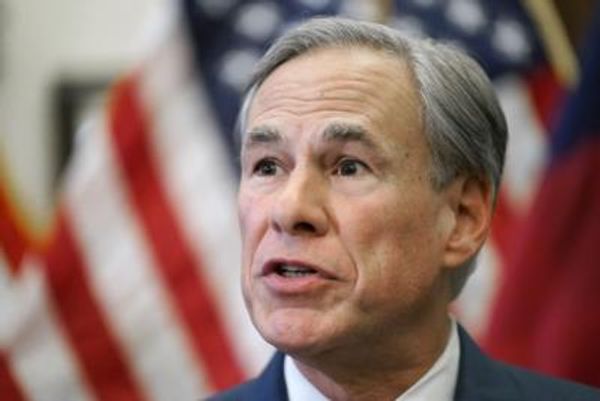The Bank of England has warned the UK is facing its longest recession since records began 100 years ago. The Bank has also announced it has increased interest rates to three percent as it battles rising inflation – the rate at which the cost of goods and services increases.
The government considers anything more or less than two percent inflation “undesirable”. Currently, inflation in the UK is at its highest rate in 40 years at 10.1 percent, as prices for many products including food have surged. Coupled with an expected rise in the UK’s unemployment rate, the country is grappling with an extremely tough economic period.
This is the UK’s second recession in as many years, with the last one occurring in 2020 during the height of the Covid-19 pandemic. But what exactly is a recession?
READ MORE: Manchester Arena bombing emergency services report - key points and latest reaction
Firstly, a country and its government makes money from taxes such as income tax – paid by people through the wages they earn from work – and value-added tax (VAT) – which is applied to goods and services. A country also makes money from the products it produces and sells – such as food and clothes.
The more products a country produces and sells, the more money a country makes. This helps a country’s economy grow.
When an economy grows, people in the country are slightly better off as the value of goods and services we produce – known as Gross Domestic Product (GDP) - increases. To measure GDP, the Office for National Statistics (ONS) collects data from thousands of companies around the UK.
There are three ways to measure GDP. It can be calculated by adding up the total value of goods and services produced, everyone in the country’s income, or the amount of money everyone in the country has spent.
Sometimes, the value of a country’s goods and services decreases, meaning a country makes less money and causes its economy to shrink. If this happens for two three-months periods – or quarters – in a row, a country is in a recession.
When this happens, companies make less money, people’s wages fall, and unemployment rises. This means the government receives less money through taxes to spend on public services like health or education.
A recession is also linked to a decline in the stock market. If a recession is particularly bad – or continues for a long period, typically more than three years – this is known as a depression.
The last depression was in the 1930s – known as the Great Depression – which began in the United States and spread around the world. Though the current economic climate in the UK is nowhere near as bad it was during the 1930s, the Bank of England expects this latest recession to continue into the first six months of 2024.
Chancellor Jeremy Hunt warned there are “no easy options” as the government focuses on tackling the current state of public finances. He said: “The most important thing the British government can do right now is to restore stability, sort out our public finances, and get debt falling so that interest rate rises are kept as low as possible.
“However, there are no easy options and we will need to take difficult decisions on tax and spending to get there.”
READ NEXT:
- 'It's disgusting' - Volunteers feeding breakfast to the homeless were slapped with parking fines
- 'Monstrous' metal structure 'The Rocket' that plagued angry homeowners will be ripped down
- Oldham headteacher steps down after historic tweets emerge containing racial and derogatory comments
- New £20m link road opens connecting M62 with Greater Manchester's 'Atom Valley'
- Everything you need to know as second report into Manchester Arena terror attack is published today







